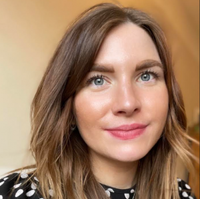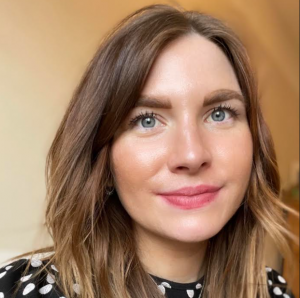Do you have ‘cyberchondria’? Why Googling symptoms increases anxiety
A recent survey published in the Journal of Medical Internet Research found that 60 percent of people have repeatedly searched for a specific health concern for both themselves and their family online.


A recent survey published in the Journal of Medical Internet Research found that 60 percent of people have repeatedly searched for a specific health concern for both themselves and their family online.
But, psychologists have found that those who obsessively check symptoms online feel more anxious than those who rely on medical professionals.
Research published in the Journal of Cyberpsychology Behaviour and Social Networking found that due to the amount of medical information available at the click of a button, Googling symptoms might cause more distress than seeking professional advice.
This obsessive need to check symptoms online has now been called ‘cyberchondria’, defined as ‘unfounded anxiety concerning the state of one’s health by visiting health and medical websites.’
Sound familiar?
Here’s 5 tell-tale signs you’re a cyberchondriac:
- You constantly carry out checks and self-examinations, and diagnose yourself
- You don't trust your doctor when he says you're healthy
- Your preoccupation with symptoms and health has left you feeling distressed.
- You need constant reassurance that you’re fine, but don't believe the answer
- Your social life, family life or working life has suffered as a result of this.
The problem with relying on Dr Google
‘Often the worse case scenarios get highlighted on the internet and this causes catastrophic thinking in parents,’ says Dr. Sarkhel, consultant psychiatrist and founder of Living Mind. ‘On top of this, if the parents already have existing mental health problems, it becomes even more difficult to process information.’
This can lead to:
Parenting advice, hot topics, best buys and family finance tips delivered straight to your inbox.
- Unnecessarily rushing your child to the doctor and/or hospital
- Acting on treatments recommended on the Internet such as over-the-counter medication which may do more harm than good
- Inaccurate diagnosis
- Minimising symptoms so the child’s health is ignored and the parents take no action, leading to serious complications.
READ MORE: Lesser-known cancer signs you might be missing

How to stop being a cyberchondriac
Speak to a friend
If you feel yourself obsessing over a health fear and getting into a state of panic, try reaching out to a friend who can rationalise your worries without judgement.
Talk to your GP
Talk about your fears with your primary GP-by telling them about your tendency to worry and the possibility of needing to get in touch with them, can help alleviate fears and jumping to conclusions.
Take breaks from the internet
Distract yourself and avoid excessively seeking information
Use credible sources
‘It is not necessarily bad to consult the Internet as long as it is guided by healthcare professionals,’ says Dr Sarkhel. ‘It is important while consulting the health professionals to ask about any credible source of information available on the Internet so that you can use this source more effectively and safely.
Rose Goodman joined Future Publishing in 2020 and writes across Goodto.com, Woman & Home, Woman, Chat and Woman’s Own magazines. Prior to pursuing her career as a writer, Rose obtained a degree in psychology and went on to work in adult mental health for five years at Addenbrooke’s Hospital, Cambridge, specialising in eating disorders. She is fully trained in first aid, medical emergency response and motivational interviewing – a directive, patient-style counselling approach to address ambivalence in recovery. She graduated with a MA in creative writing from the University of Brighton in 2017. In her spare time she enjoys writing poetry and attending literary events, and offers weekly support to those living with homelessness. Rose has a passion for raising awareness around mental illness and the importance of prioritising our wellbeing.
